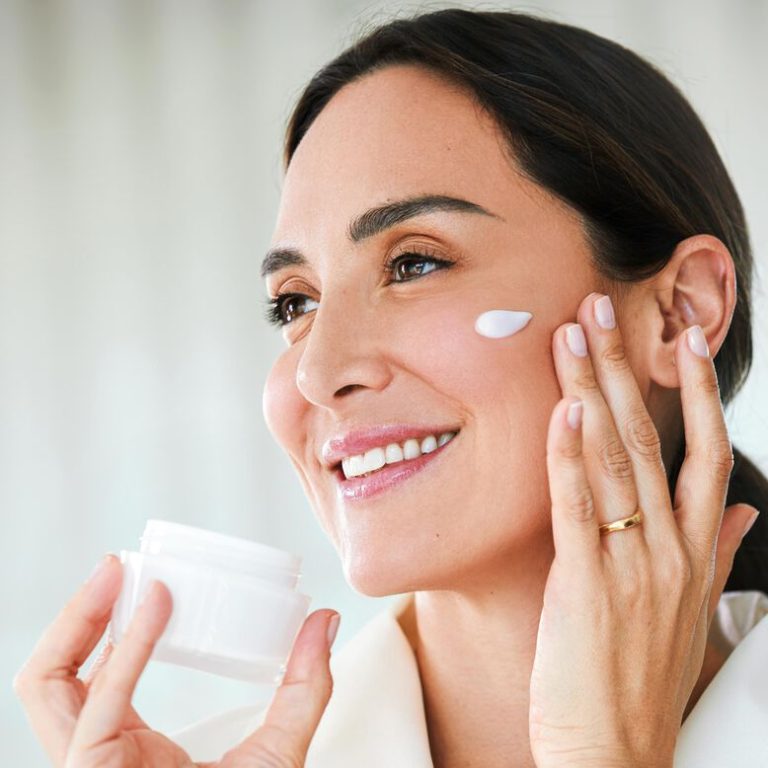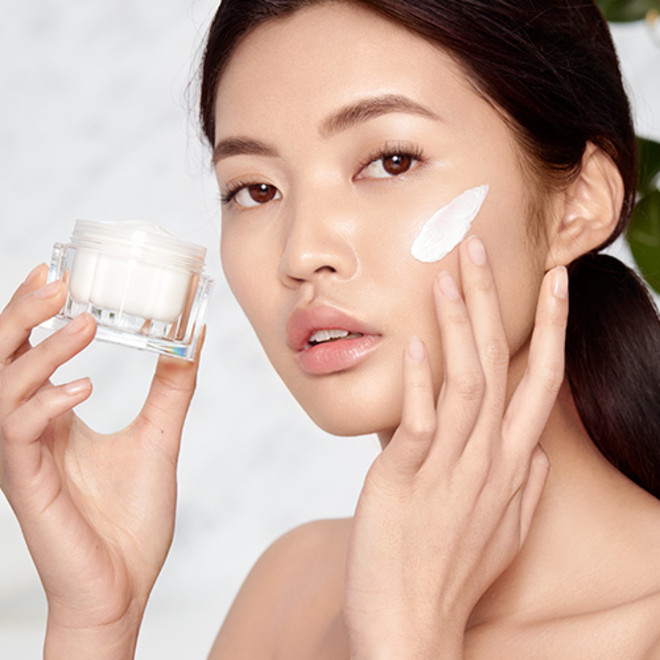
Retinol Creams: Defying Aging Skin Smoothly
What is Retinol and How Does it Fight Aging?
Retinol, a derivative of vitamin A, plays a crucial role in skin care, especially in anti-aging treatments. It penetrates the skin’s layers to boost collagen production. This process diminishes wrinkles and improves skin texture, leading to a more youthful appearance. Besides smoothing wrinkles, retinol also enhances skin renewal. Retinol anti aging cream: It prompts old cells to shed and new ones to surface, which fades age spots and evens out skin tone.
Retinol’s ability to unclog pores makes it popular in managing acne, a unique benefit considering its anti-aging prowess. It assists in preventing pore-clogging, thus reducing acne breakouts. Its exfoliating effect helps to clear dead skin cells, preventing them from building up and causing blemishes.
Moreover, retinol’s antioxidant properties defend the skin against free radicals. Free radicals are unstable molecules from environmental sources like pollution and UV rays. They can cause oxidative stress, which accelerates skin aging. By combatting these harmful molecules, retinol anti aging cream not only corrects existing damage but also helps prevent future signs of aging.
In essence, the multifaceted approach of retinol addresses the many aspects of aging skin. From its reparative functions to protective actions, retinol is an invaluable ingredient for anyone aiming to maintain a radiant and youthful complexion. As a result, retinol anti aging cream is a critical component in the fight against time, smoothing skin and keeping signs of age at bay.

Key Benefits of Using Retinol Creams
Retinol creams offer numerous advantages for aging skin care. These include enhanced skin texture and a reduction in wrinkles, thanks to their ability to boost collagen production. Collagen helps maintain the skin’s elasticity and firmness, leading to a more youthful look.
Retinol is also known for its ability to even out skin tone. It encourages skin turnover, fading age spots and smoothing out inconsistencies. For people dealing with acne, retinol creams help keep pores clear. They prevent the buildup of dead skin cells that can lead to breakouts.
Additionally, retinol packs strong antioxidant properties. It combats free radicals that contribute to skin aging. This protective quality is essential in shielding the skin from environmental stressors like pollution and UV rays. Retinol anti-aging creams, therefore, not only treat but also prevent further signs of aging.
Whether you’re dealing with wrinkles, uneven skin tone, or acne, incorporating a retinol anti-aging cream into your skincare routine can be transformative. It’s a potent tool that addresses multiple skin concerns at once, making it an indispensable part of anti-aging skincare regimens.
How to Choose the Right Retinol Cream
Choosing the right retinol anti aging cream is vital for effective skincare. Consider these factors:
- Concentration of Retinol: Start with a lower concentration if you’re new to retinol. Gradually increase as your skin builds tolerance.
- Skin Type Compatibility: If you have sensitive skin, look for creams designed for gentleness. Oily or acne-prone skin? Opt for non-comedogenic options.
- Formulation: Check for added ingredients like hyaluronic acid or niacinamide. They boost hydration and soothe skin alongside retinol.
- Packaging: Retinol degrades with light and air exposure. Choose products in opaque, airless containers.
- Brand Reputation: Use creams from trusted, well-reviewed brands. They ensure quality and safety standards.
- Patch Testing: Always patch test a new cream. Apply a small amount to your inner forearm and wait for 24 hours. No reaction? It’s likely safe to use.
- Consultation with Dermatologists: For the best advice, consult a dermatologist. They can recommend a product suited to your skin’s needs.
Remember, what works for others might not work for you. Take your time to research and select a retinol cream that meets your specific skincare needs.
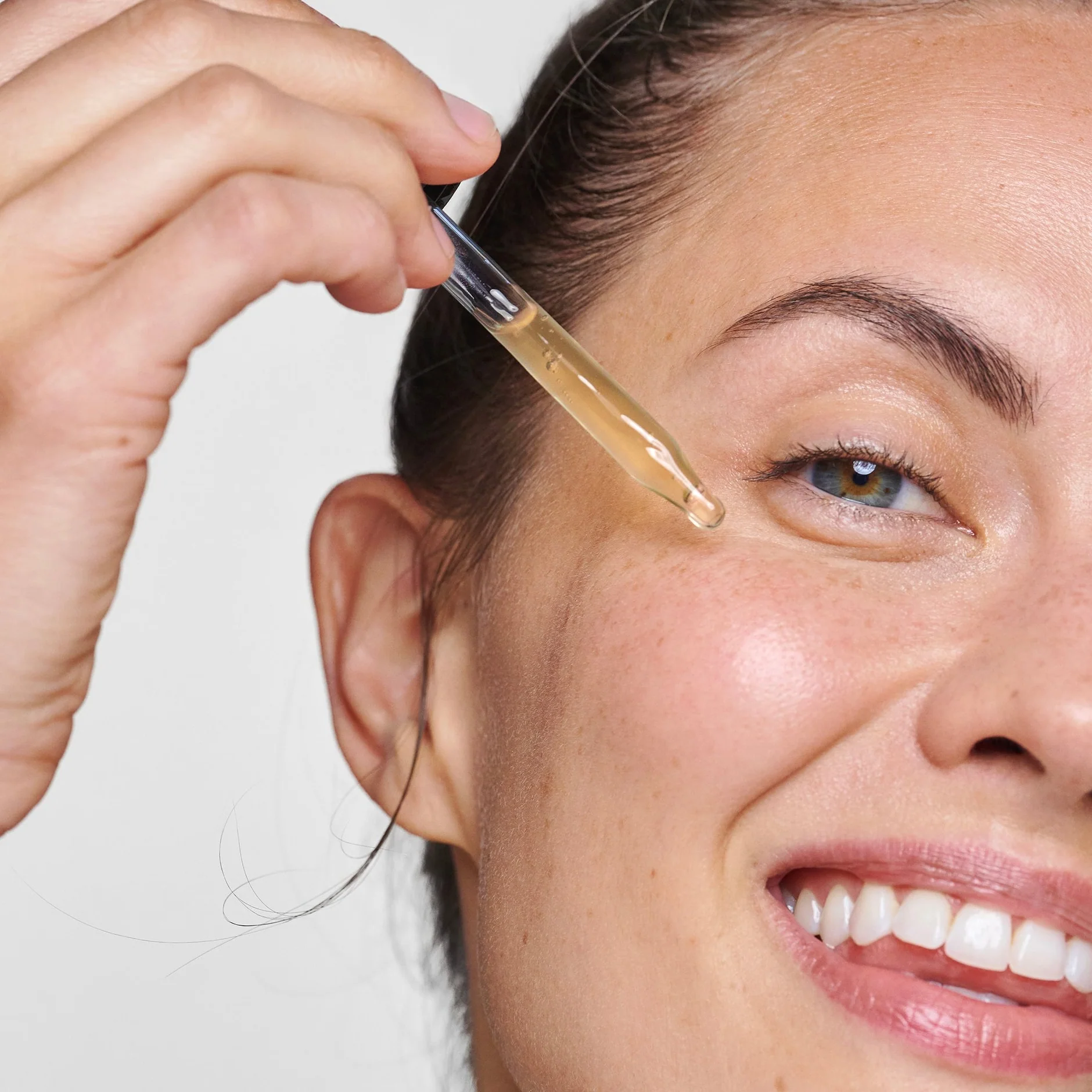
The Proper Way to Introduce Retinol into Your Skincare Routine
Retinol can transform your skin, but you must introduce it properly. Here is how to start:
- Begin Slowly: When new to retinol, start with a small amount. Use it just two times a week. Watch how your skin responds.
- Low Concentration: Choose a retinol anti aging cream with a low percentage. Your skin needs time to adjust without irritation.
- Nighttime Application: Apply retinol creams at night. During sleep, your skin’s natural repair process is most active.
- Use Sunscreen: Sun protection is vital. Retinol can make skin more sun-sensitive. Wear a broad-spectrum SPF daily.
- Moisturize Well: Retinol can dry out your skin. Use a good moisturizer to keep your skin hydrated.
- Be Patient: Results take time. Don’t expect overnight miracles. Consistent use over weeks can lead to visible improvement.
- Listen to Your Skin: If redness or peeling occurs, stop use. Wait for the skin to calm down before trying again.
Remember, the key is moderation and gradual introduction. With care, retinol can be a safe and effective part of your skincare routine.
Side Effects of Retinol and How to Manage Them
Retinol anti aging cream is potent and can have side effects. Side effects may include redness, dryness, irritation, and peeling. These usually occur when first starting retinol. Start with a lower concentration. This minimizes the chance of irritation. Use the cream only two to three times a week. Gradually increase use as your skin gets used to it.
To manage dryness, apply a good moisturizer after the retinol. If your skin feels irritated, take a break. Let your skin rest for a few days before applying retinol again. For peeling skin, do not pick or peel it off. Gently exfoliate and use a hydrating mask to soothe the skin.
Wearing sunscreen is crucial when using retinol creams. Retinol makes your skin sensitive to the sun. Use a high SPF broad-spectrum sunscreen every day. This protects your skin and prevents further irritation.
Listen to your skin. If severe discomfort occurs, consult a dermatologist. They can guide you on how to use retinol safely and possibly suggest alternatives. With proper management, most side effects can be reduced or avoided. This ensures a smooth transition to retinol use, unlocking its anti-aging benefits.
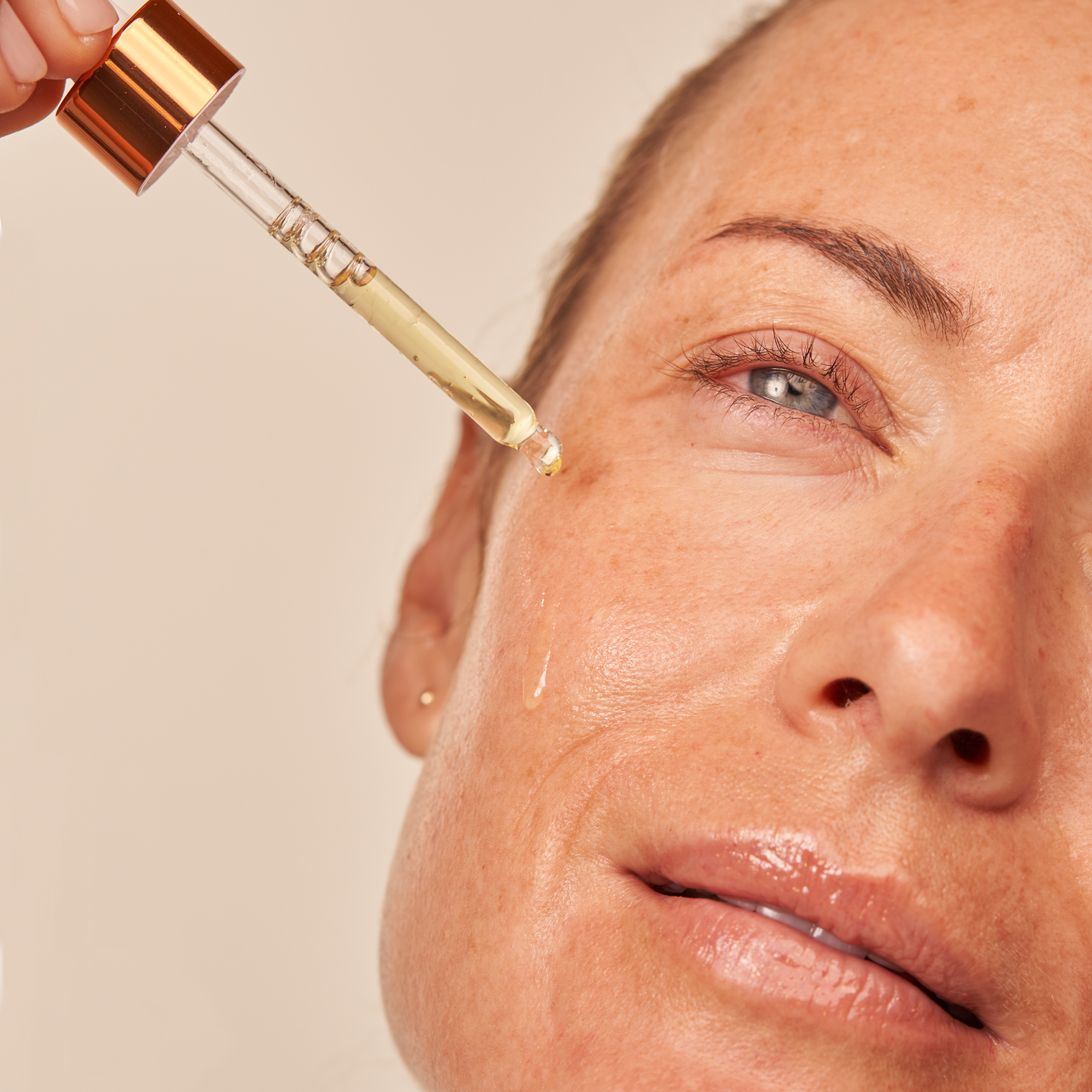
The Best Practices for Maximizing the Benefits of Retinol Creams
To maximize the benefits of retinol anti aging cream, follow these best practices:
- Consistent Use: Regular application is key. Use retinol creams as directed, typically at night. This promotes effective skin regeneration and maximizes anti-aging effects.
- Combination with Moisturizers: Apply moisturizers after retinol. This helps counteract dryness commonly associated with retinol use.
- Gradual Increase: If starting with retinol, begin with lower concentrations. Gradually increase frequency as your skin acclimatizes to prevent irritation.
- Correct Application: Small amounts are sufficient—about a pea-sized for the entire face. Applying too much can increase the risk of irritation.
- Patience for Results: Expect gradual improvements. Retinol takes time to show changes. Continuous use over several weeks is necessary for visible results.
- Sun Protection: Always use sunscreen during the day. Retinol can increase your skin’s sensitivity to sunlight, making it prone to sun damage.
By adhering to these practices, you enhance the effectiveness of retinol in your skincare routine and achieve better, safer results.
Top Retinol Creams Recommended by Dermatologists
Finding the perfect retinol anti aging cream is essential for effective skin care. Dermatologists often recommend top brands that are known for their high-quality ingredients and proven results. Here are some of the retinol creams that come highly recommended:
- SkinMedica Retinol Complex: This cream comes in various strengths. It suits all skin types and is known for minimal irritation.
- RoC Retinol Correxion Deep Wrinkle Night Cream: Affordable and effective, this cream has a loyal following and is great for reducing deep wrinkles.
- La Roche-Posay Redermic R: With a formulation for sensitive skin, this cream reduces signs of aging without causing redness or peeling.
- Neutrogena Rapid Wrinkle Repair: Contains accelerated retinol SA which works fast on fine lines and even deep wrinkles.
- Skinceuticals Retinol: Known for its high potency, this cream is ideal for those who have previously used retinol and require a stronger dose.
- Obagi Medical Retinol: A favorite for its gradual release, this cream minimizes side effects while effectively treating aging signs.
Dermatologists suggest choosing a cream that aligns with your skin’s needs and tolerance level. It is also advised to follow the best practices for retinol usage, which includes gradual introduction and pairing with sunscreen. Remember, patch testing a new retinol cream is important to avoid adverse reactions. Start your journey to smoother skin by choosing a dermatologist-recommended retinol anti aging cream.
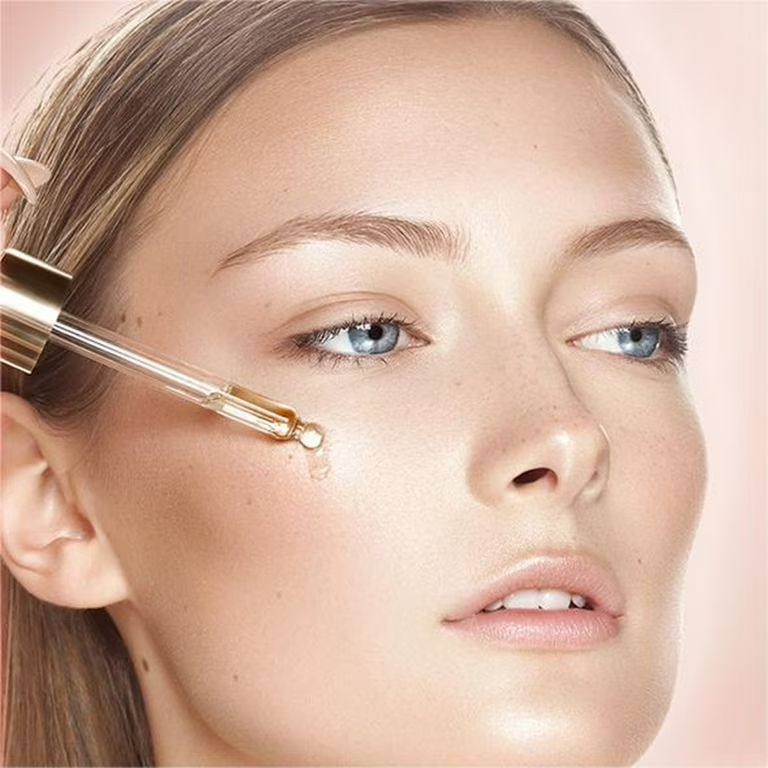
Combining Retinol with Other Skincare Ingredients for Enhanced Results
To get the best out of your retinol anti aging cream, consider combining it with other skincare elements. Here’s how you can boost its effects:
- Hyaluronic Acid for Hydration: This ingredient locks in moisture. It makes skin plump and reduces retinol’s drying impact.
- Vitamin C for Brightening: Use vitamin C in the morning. It fades dark spots and enhances retinol’s skin-evening ability.
- Niacinamide for Soothing: Known for its calming properties, niacinamide can reduce irritation. Use it with retinol to soothe and repair the skin.
- SPF for Protection: Always apply a high-SPF sunscreen. It shields your skin from UV rays which retinol can make more sensitive.
- Peptides for Firmness: These small proteins help skin repair. They work well with retinol to firm and smooth your complexion.
Remember to introduce new combinations slowly. Let your skin adjust and watch for any reactions. With the right pairings, your retinol routine can deliver even better anti-aging results.
